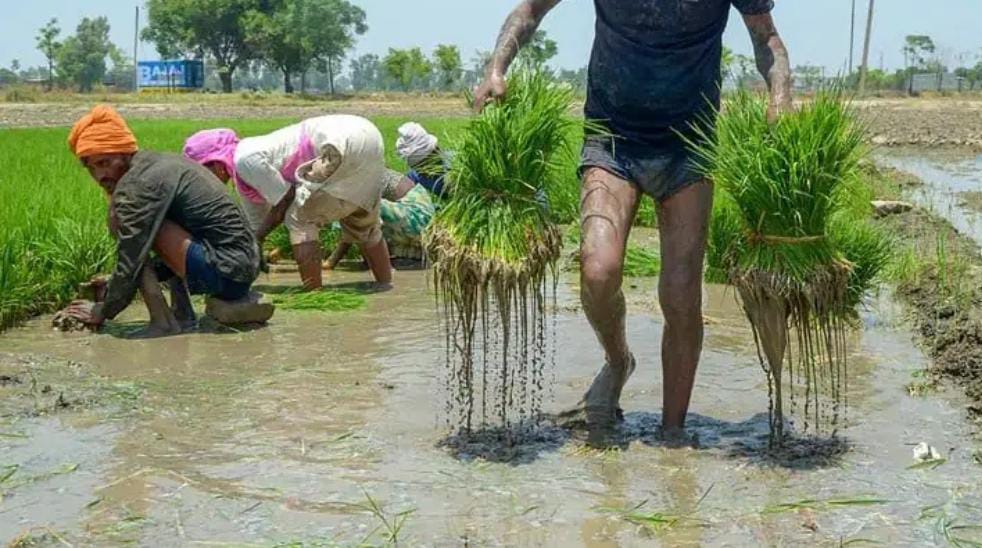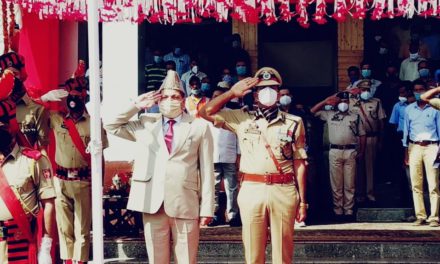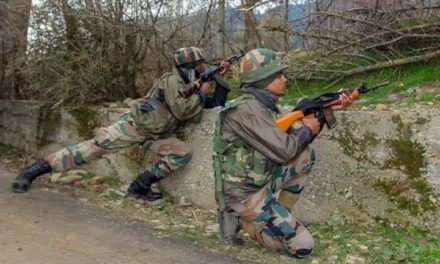![]()
New Delhi, Jan 12: The government wants to establish a solid framework to continue the work of district agrometeorological units (DAMUs) which until now had been operating in an ad-hoc manner, Ministry of Earth Sciences secretary M Ravichandran has said.
PTI reported in August last year that the government plans to revive the network of DAMUs, which provided detailed block-level weather-related information to lakhs of farmers in the country until the India Meteorological Department (IMD) directed their closure earlier this month following instructions from Niti Aayog.
“As part of the pilot project, the Earth Sciences Ministry and the Agriculture Ministry provided weather information to farmers. Agricultural meteorologists in DAMUs analyze how weather conditions will affect crops. Their primary role is to offer advice to farmers. The system functioned well, but it should not remain ad-hoc; it needs to be made permanent,” Ravichandran told PTI.
He said the government wants to establish a solid framework to carry out this vital work.
An official source told PTI that the Earth Sciences Ministry has also written to the Prime Minister’s Office about the importance of reviving DAMUs and also voiced concerns related to their closure.
Asked whether financial constraints were the main reason for winding up the project, the source dismissed it as a “misunderstanding”.
It was earlier reported that the Ministry of Earth Sciences wanted the Agriculture Ministry to bear the expenditure for DAMUs.
In August last year, a senior official had told PTI that the government intended to “formalize” DAMUs.
“DAMUs were temporary in nature, with staff hired on a per-project basis. The ad-hoc nature of posts affected the forecast quality. There will be a permanent structure in place this time. The manpower will include both permanent and contractual staff,” the official had said.
In 2015, the government launched the Gramin Krishi Mausam Seva (GMSV) to provide crop and location-specific detailed advisories to farmers, helping them in day-to-day decision-making.
Over the years, 130 agromet field units (AMFUs) were set up in agro-climatic zones in the country in collaboration with the Indian Council of Agricultural Research (ICAR). Each AMFU caters to four to five districts.
In 2018, the government decided to extend the reach of the service by setting up 530 district agromet units on the premises of Krishi Vigyan Kendras (KVK). However, the Covid pandemic impacted the process, and only 199 DAMUs could be set up, each with two contractual employees — SMS Agromet and Agromet Observer.
In a meeting of the Expenditure Finance Committee held in February 2023, a senior Niti Aayog advisor suggested reevaluating the “necessity of providing staff at each DAMU”.
The official suggested the MoES may have “centralized units instead of field units as the collection of data is automated”.
On January 17, the IMD wrote to all the DAMUs, asking them to wind up their operations by the end of the financial year 2023-24. Several politicians, including Union minister Nitin Gadkari and Congress MP Jairam Ramesh, had opposed the move.
Over the last one year, the Maharashtra-based Agrometeorological Units Association has written to the prime minister, members of Parliament, Indian Council of Agricultural Research, Ministry of Earth Sciences, and Agriculture Ministry, requesting their intervention.
DAMU employees said lakhs of farmers depended on them for crucial agromet advisories, which have helped increase their resilience against worsening weather and climate impacts, reducing their losses and the claim amount under the Pradhan Mantri Fasal Bima Yojana.–(PTI)

























